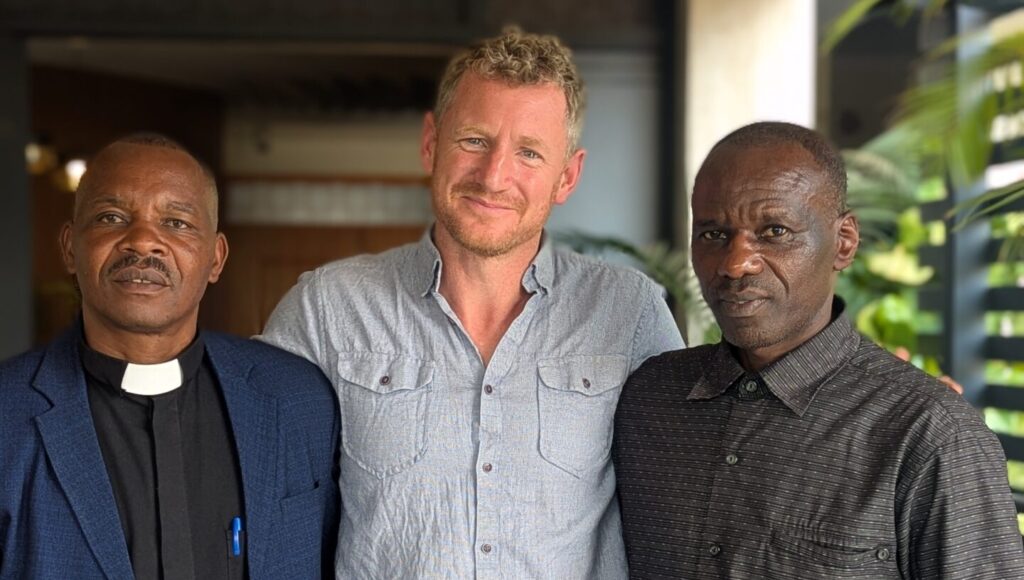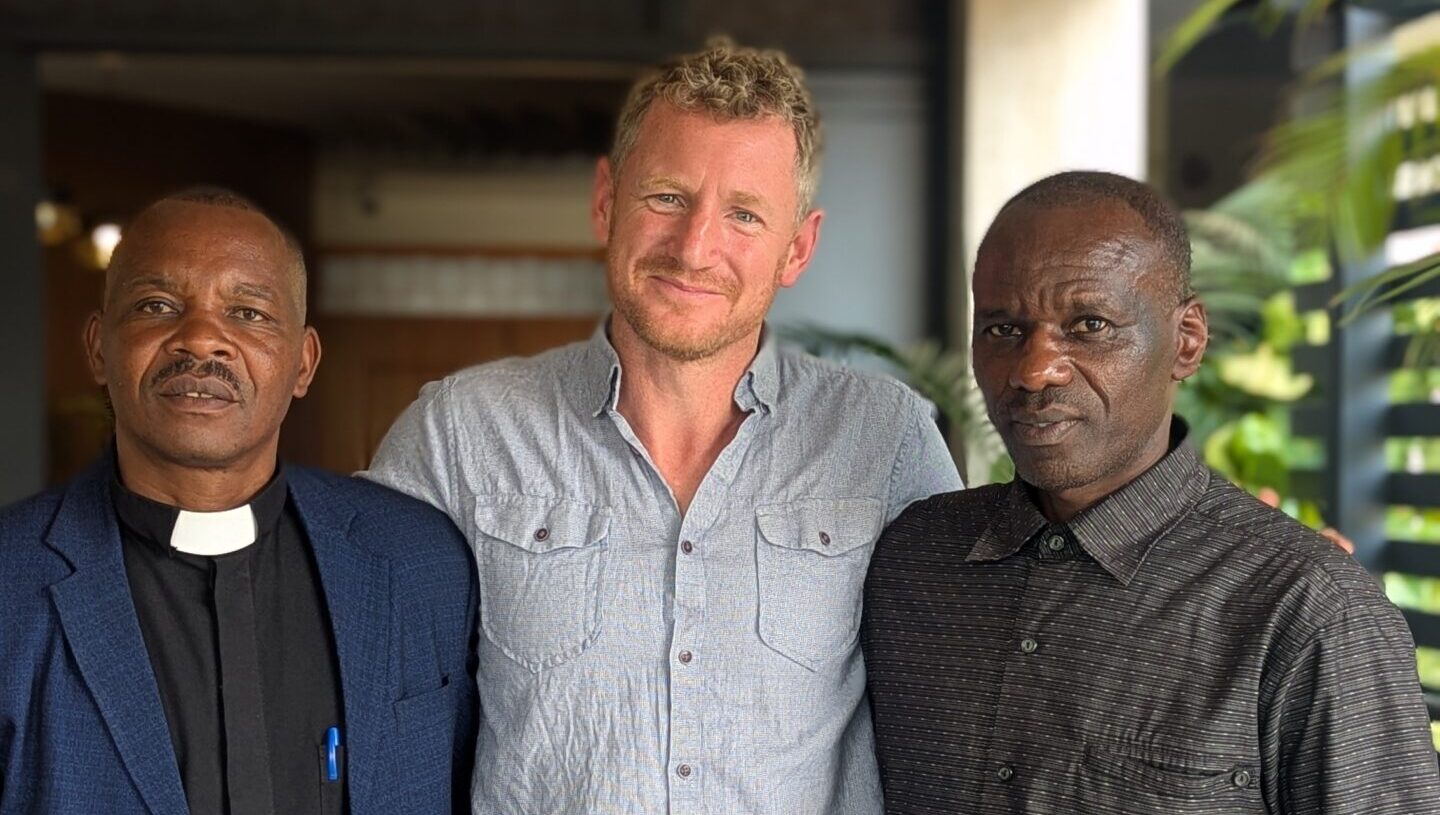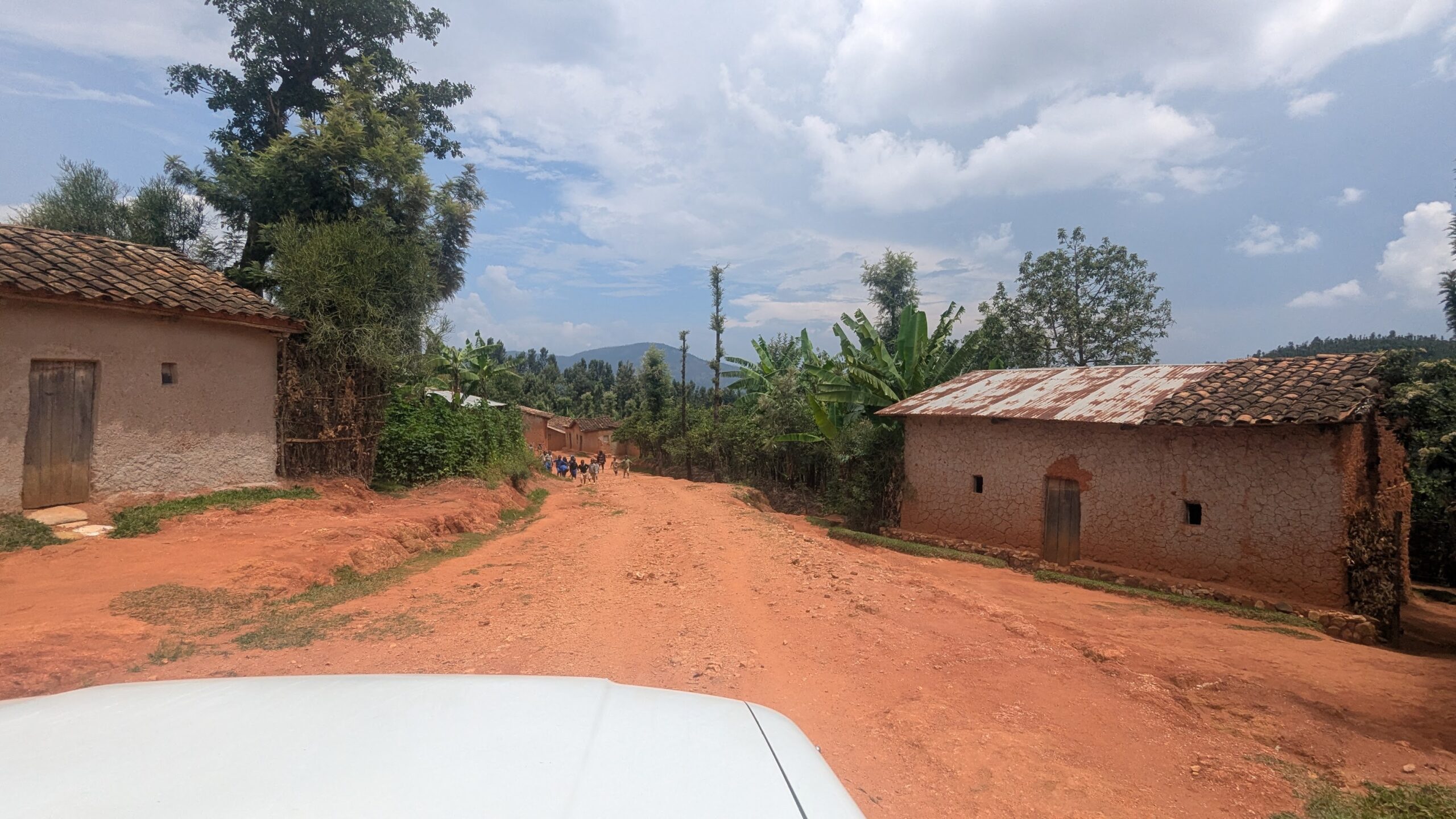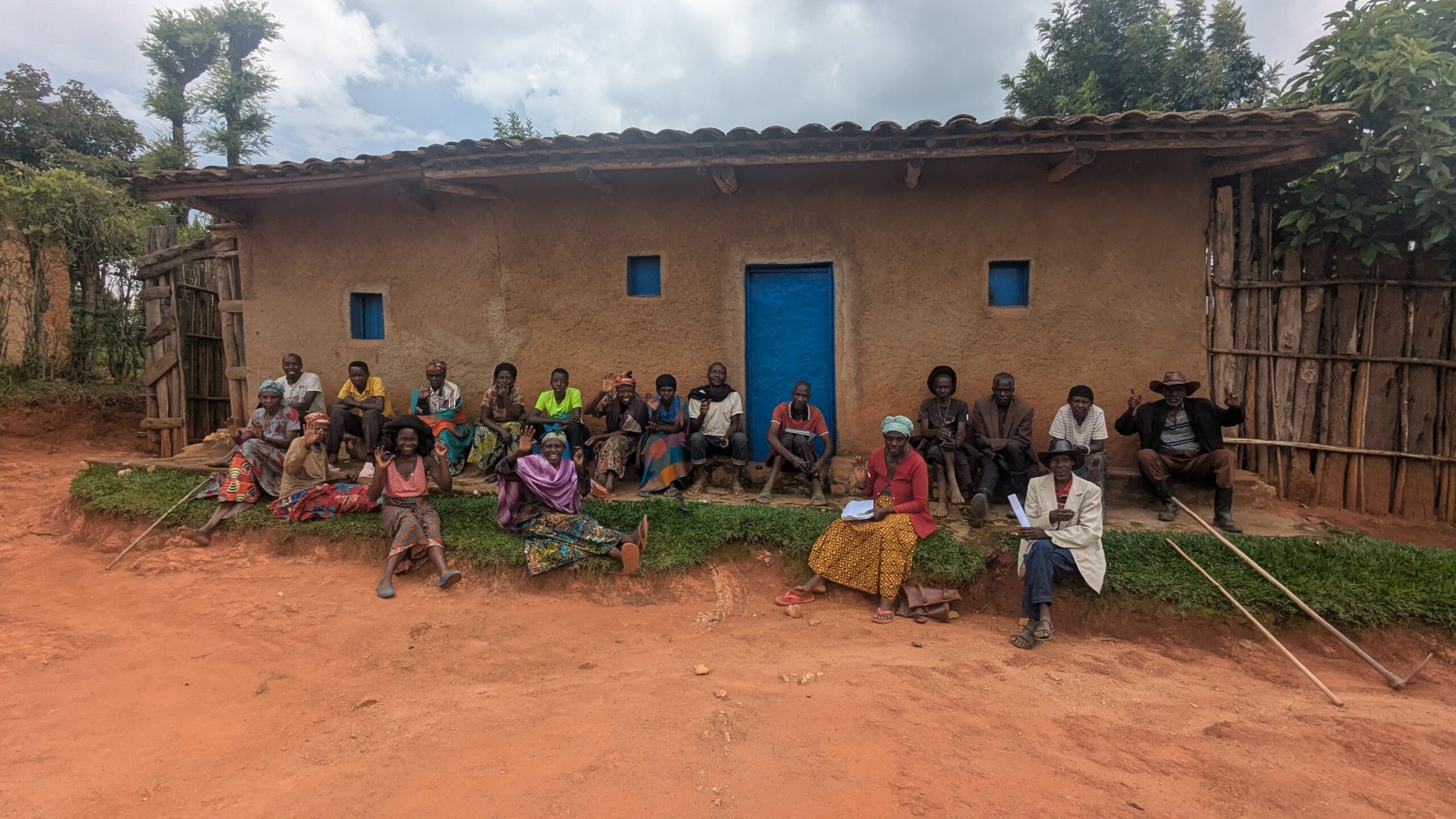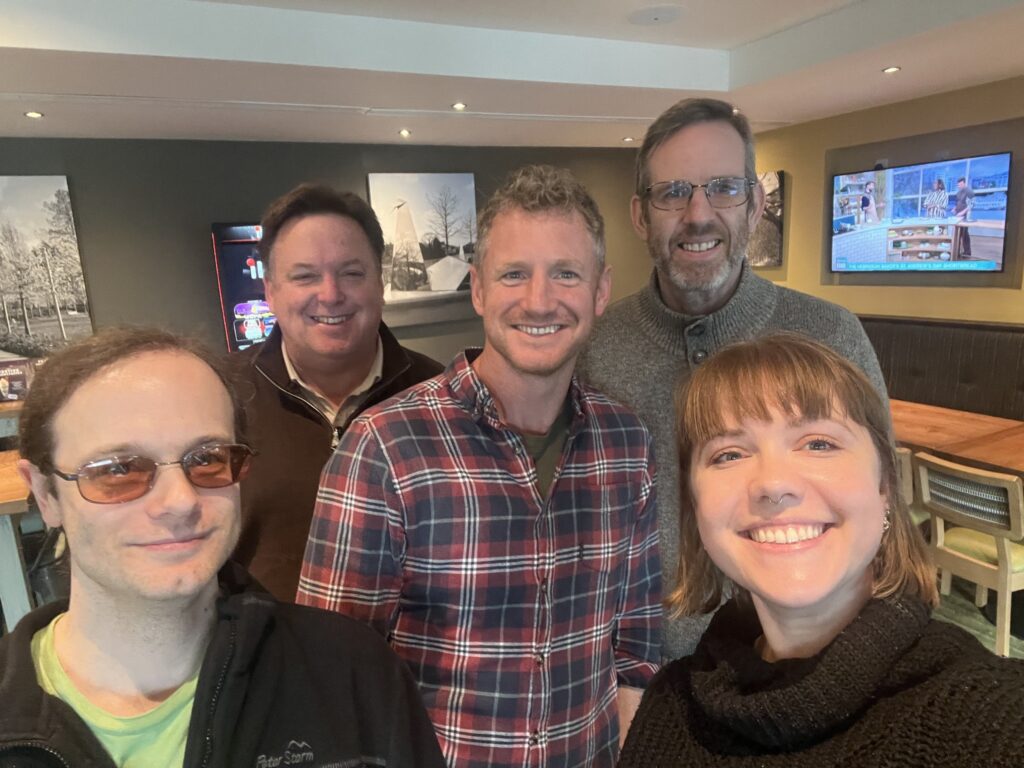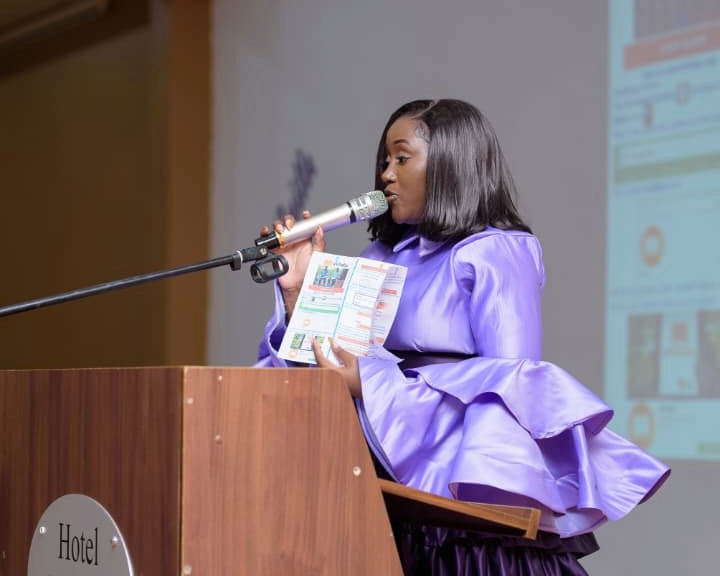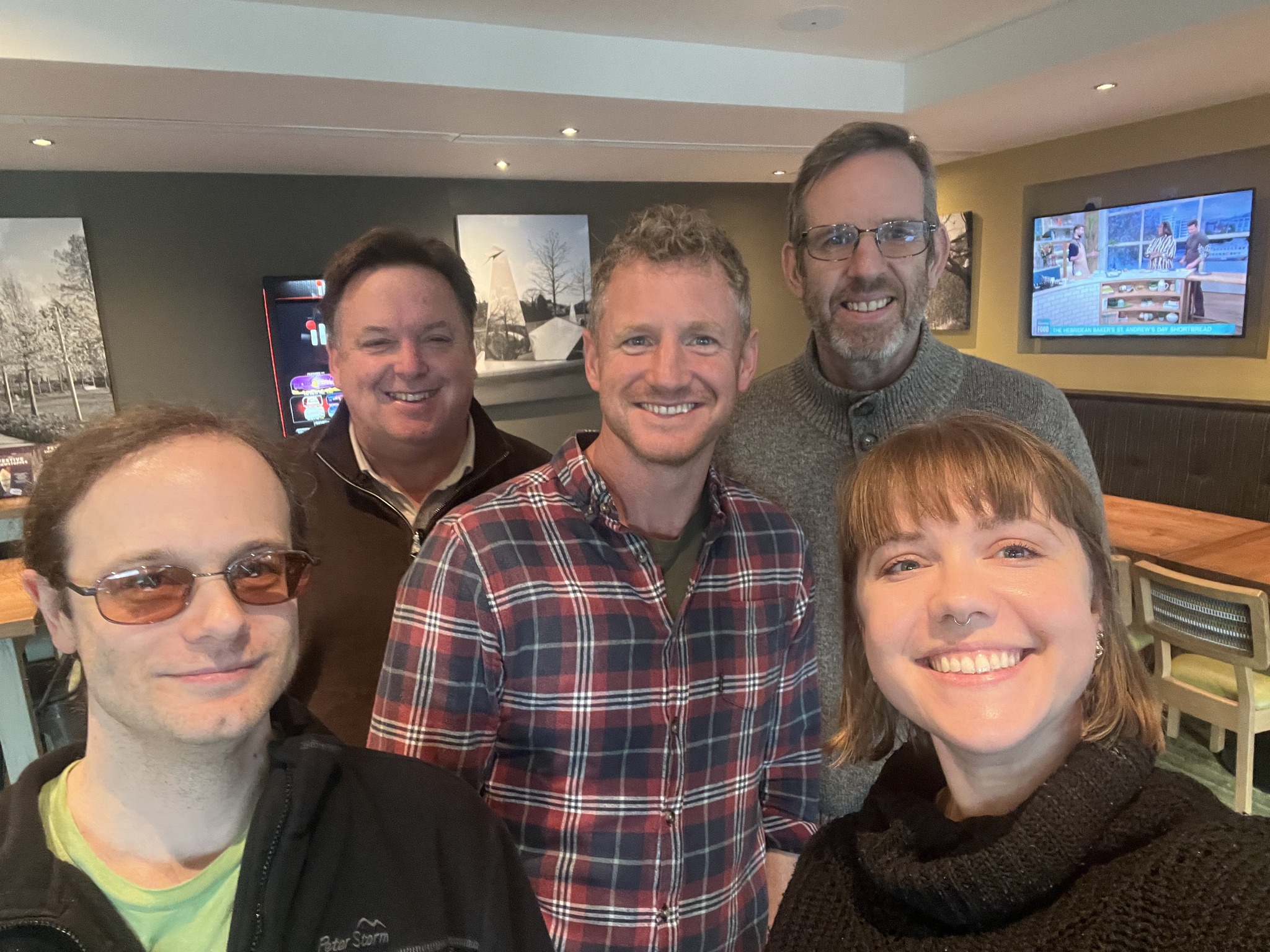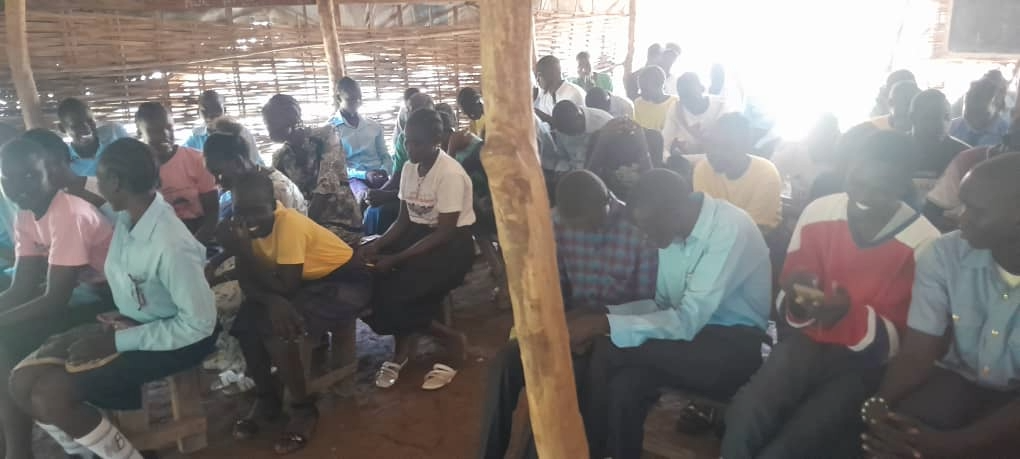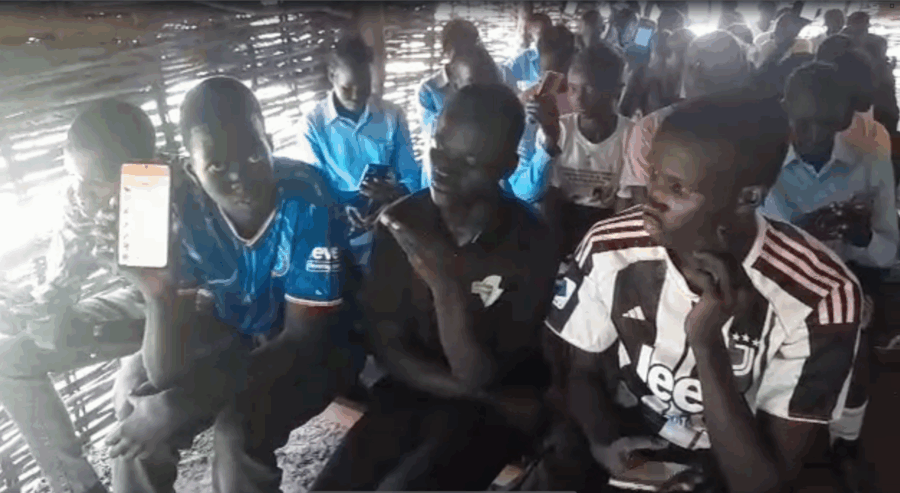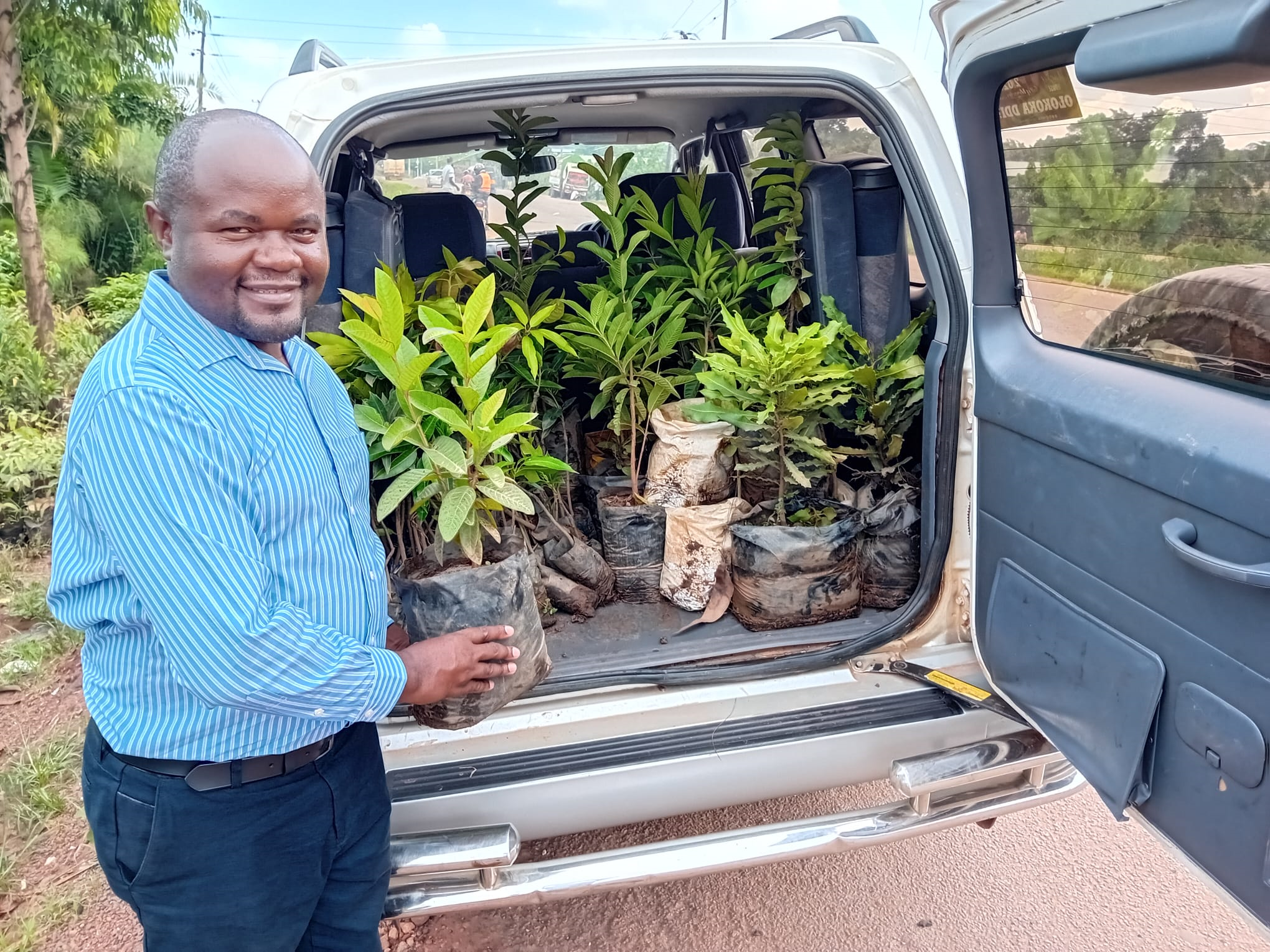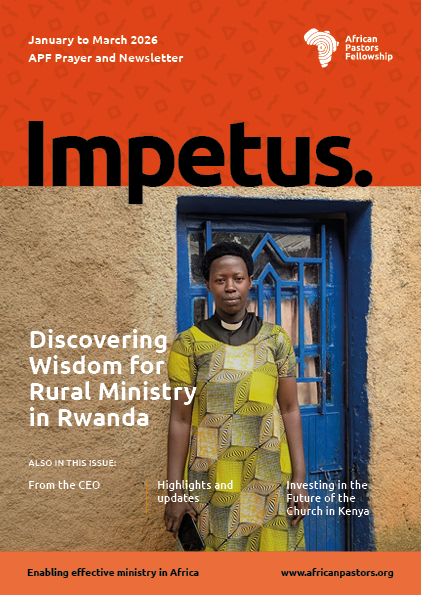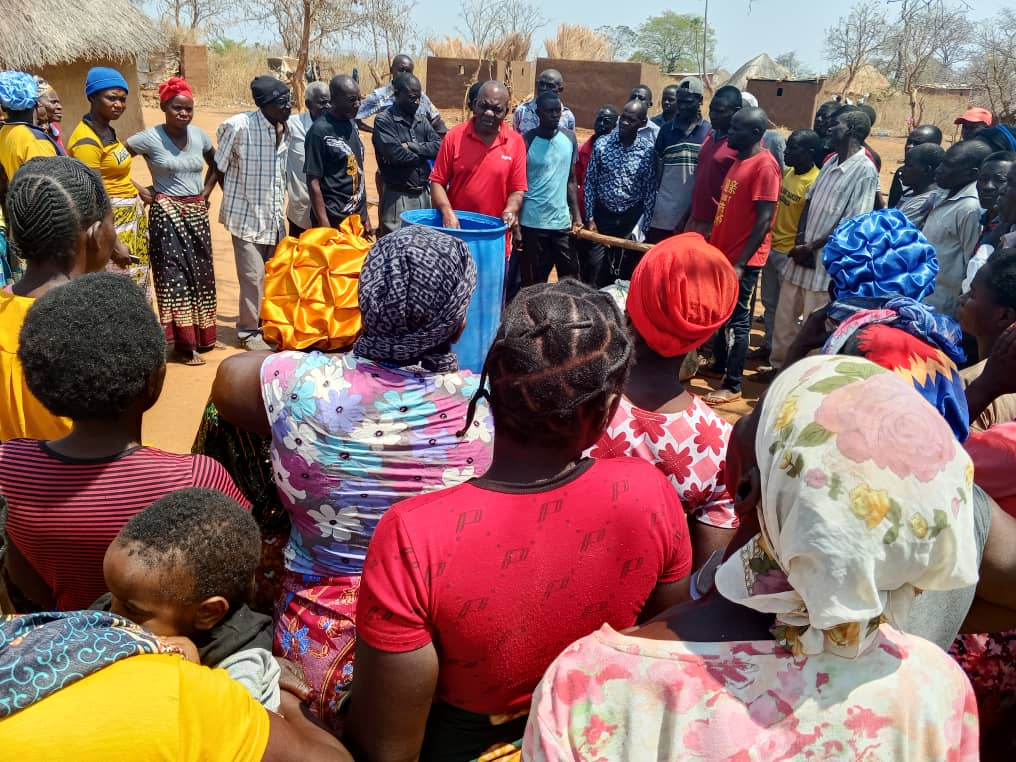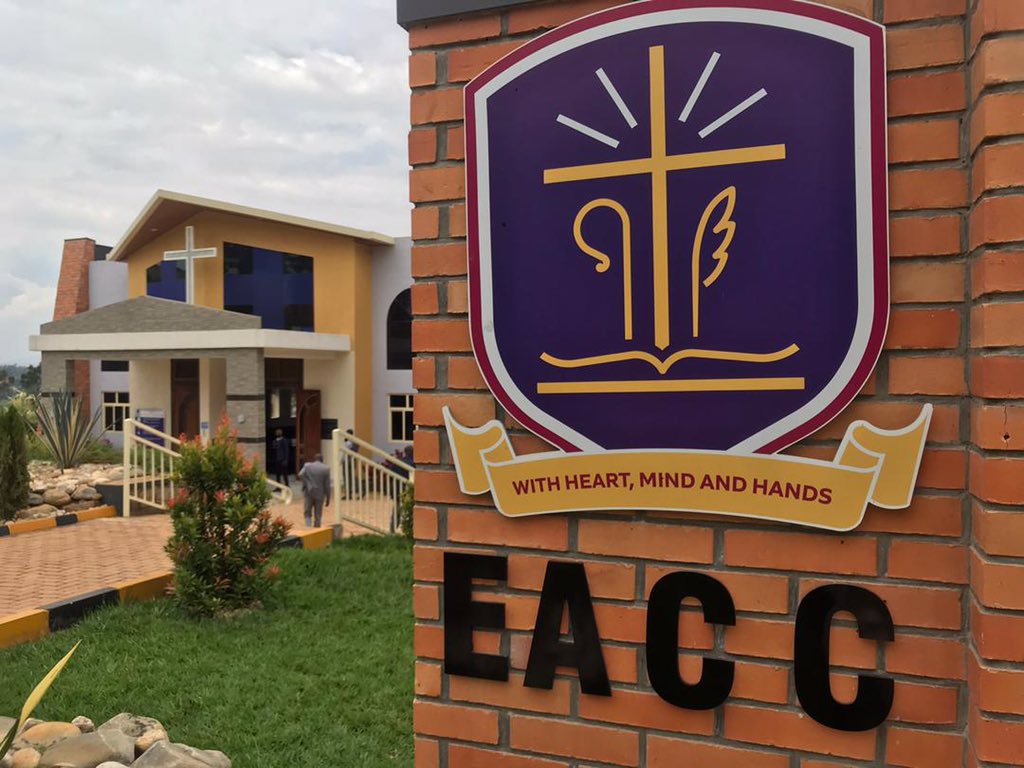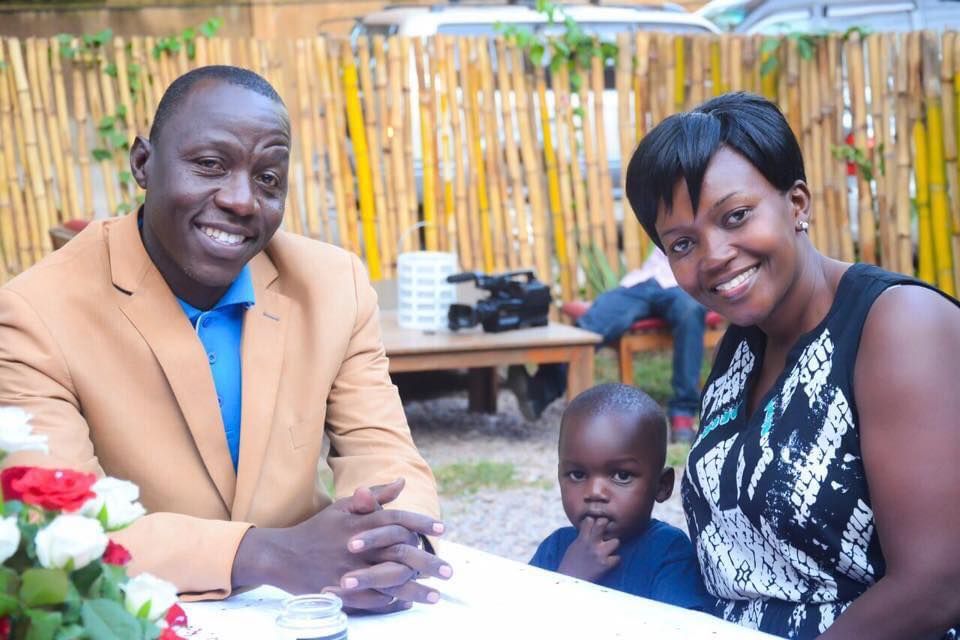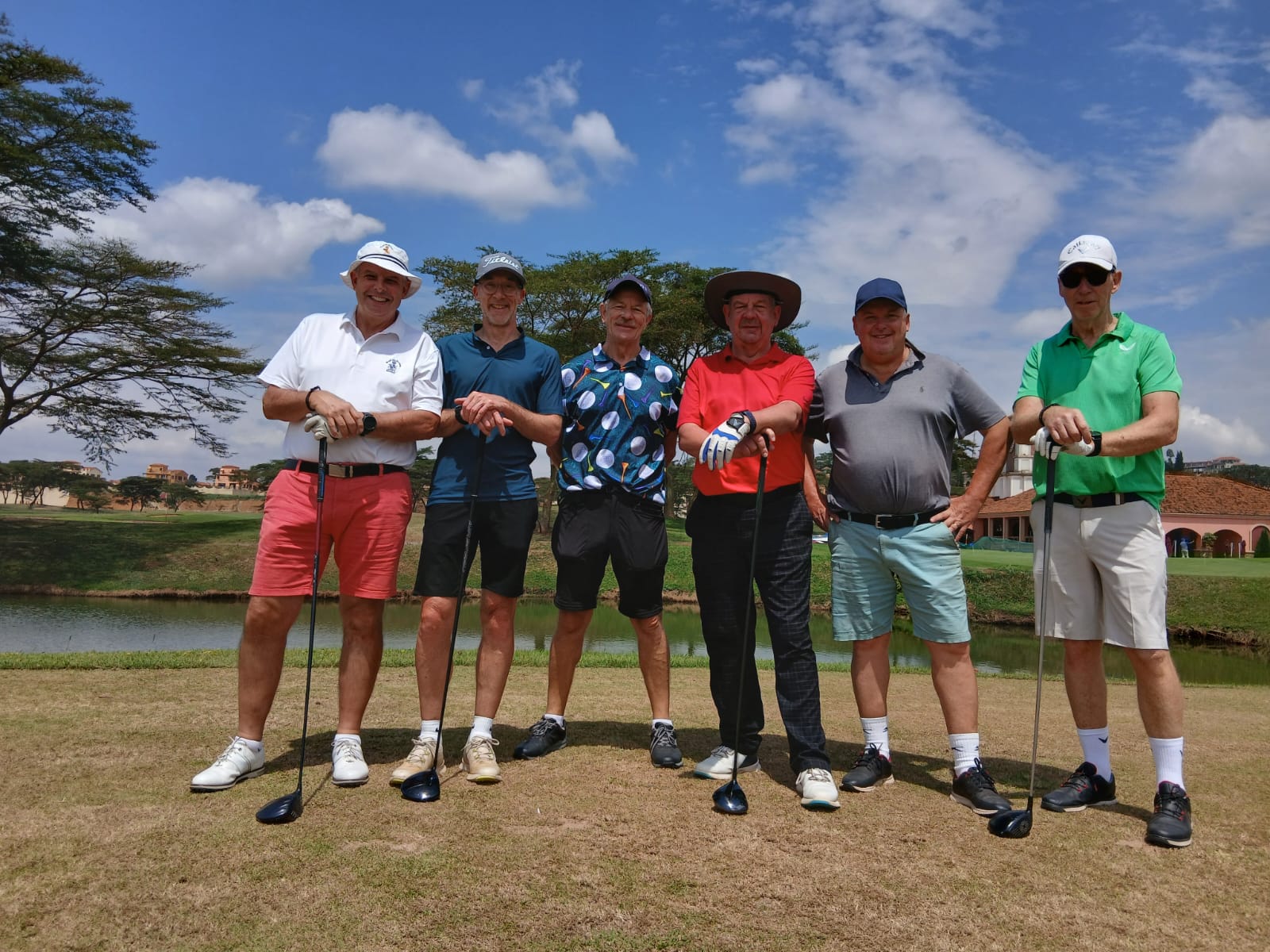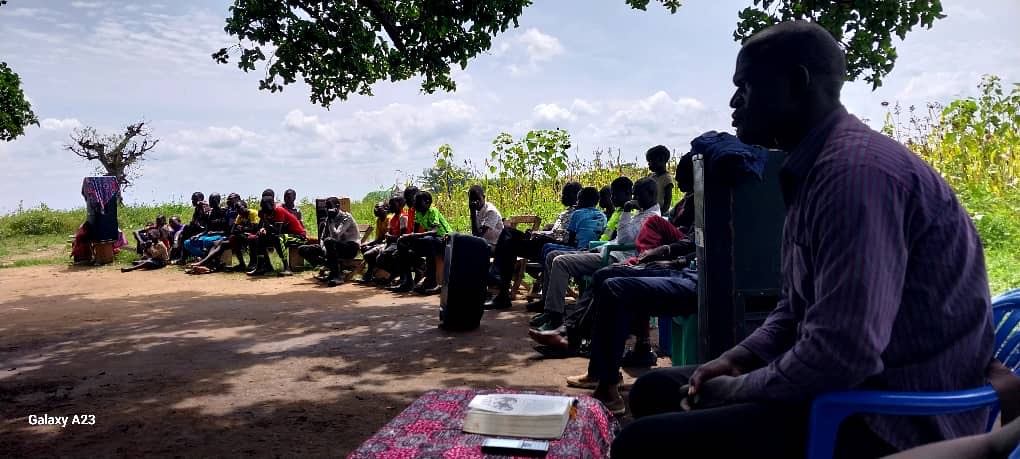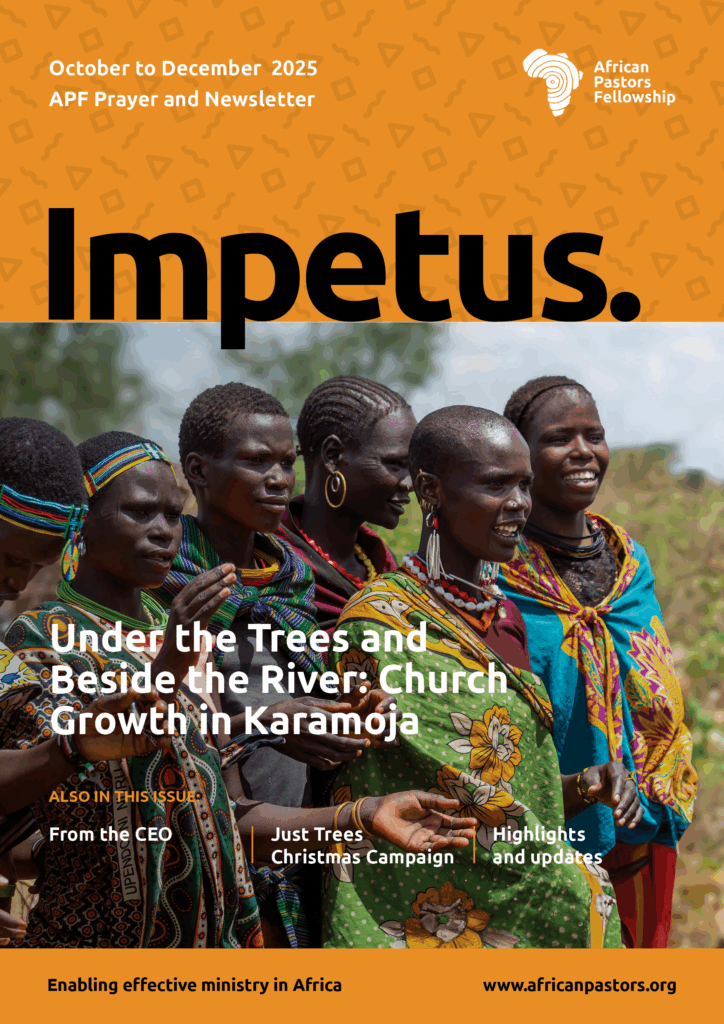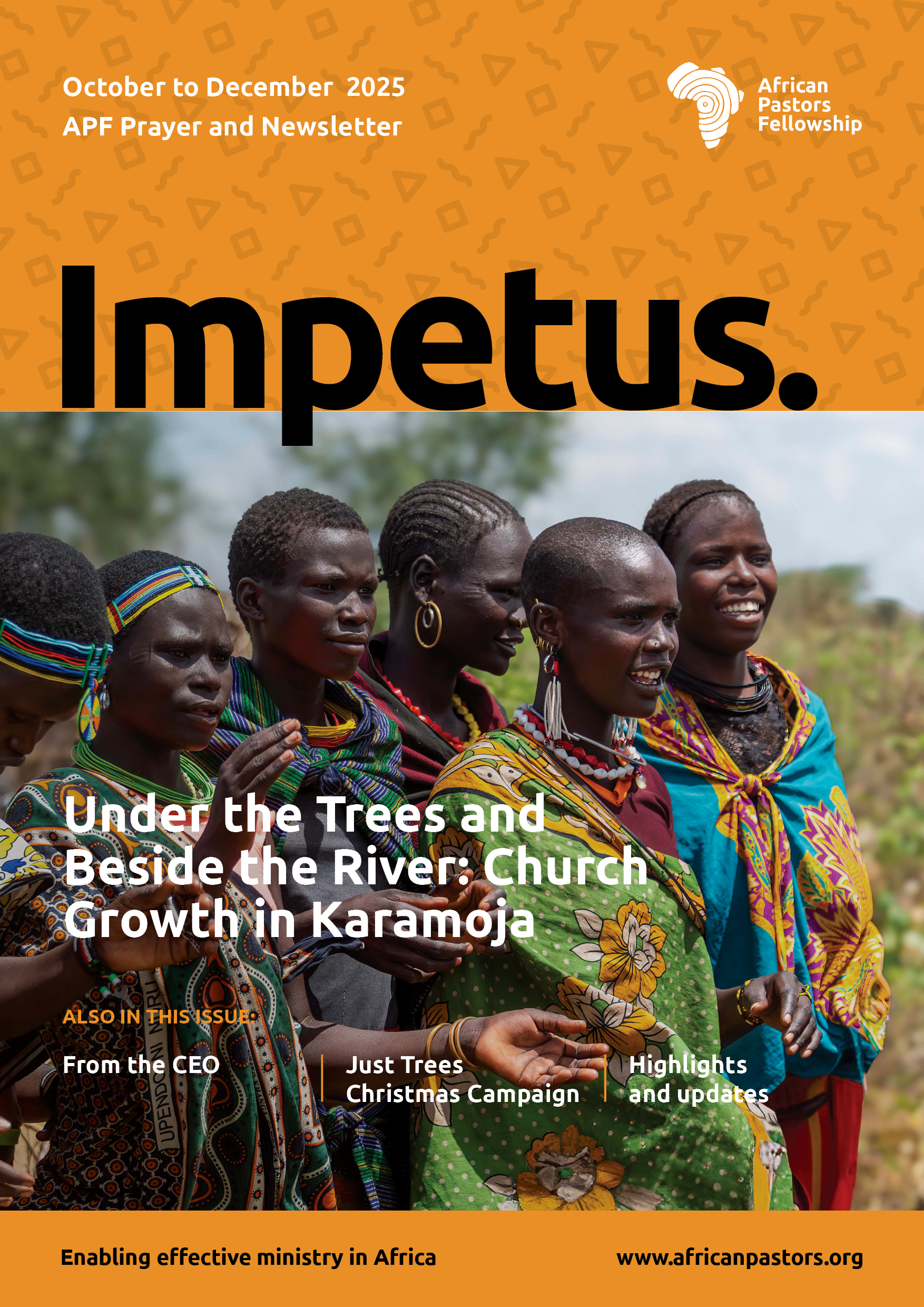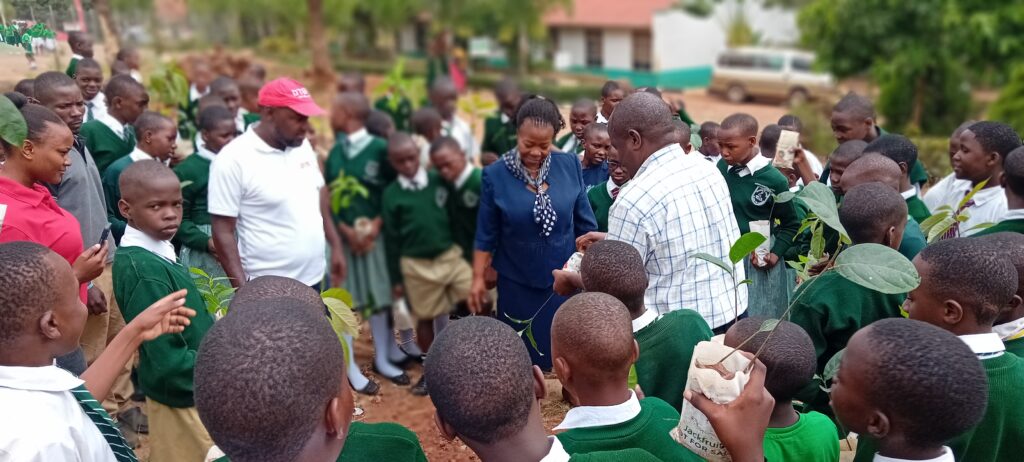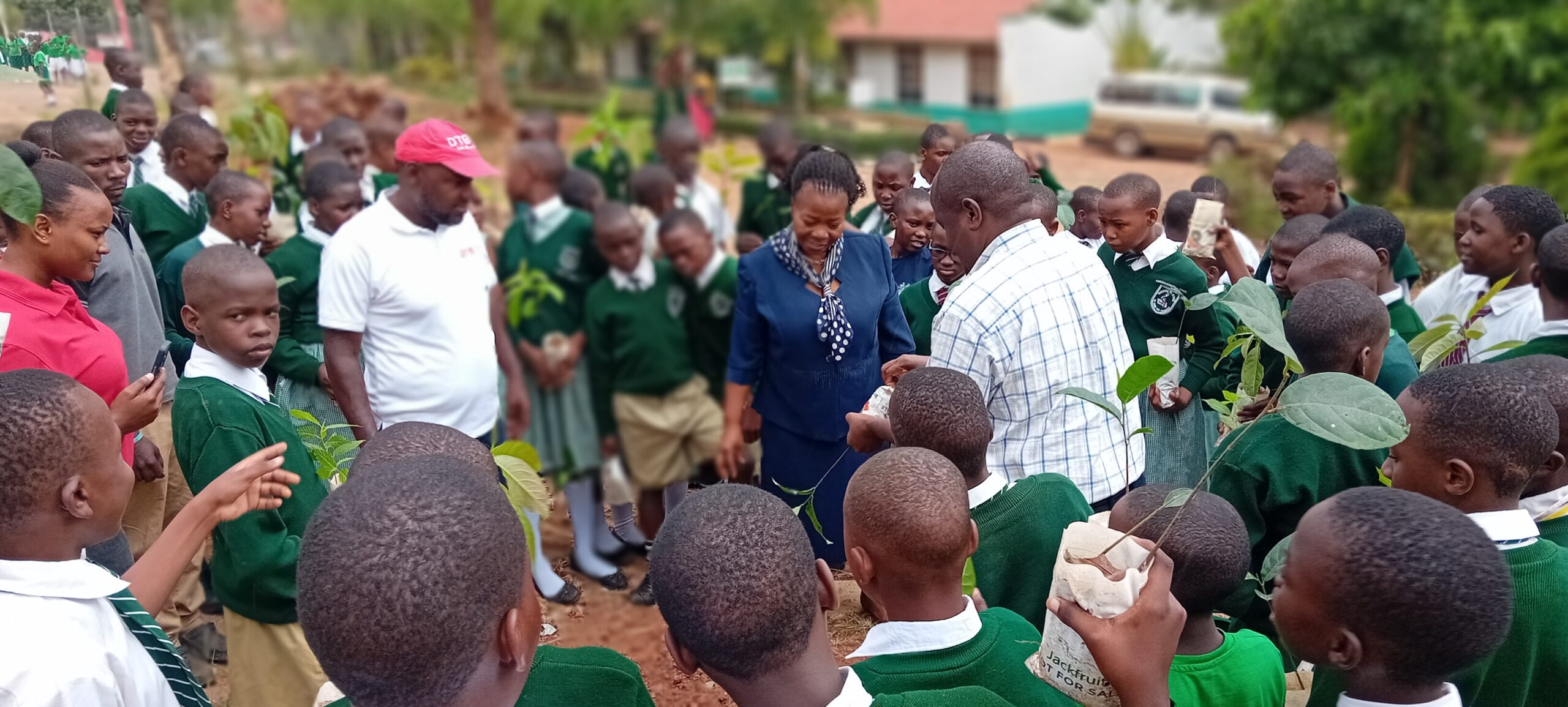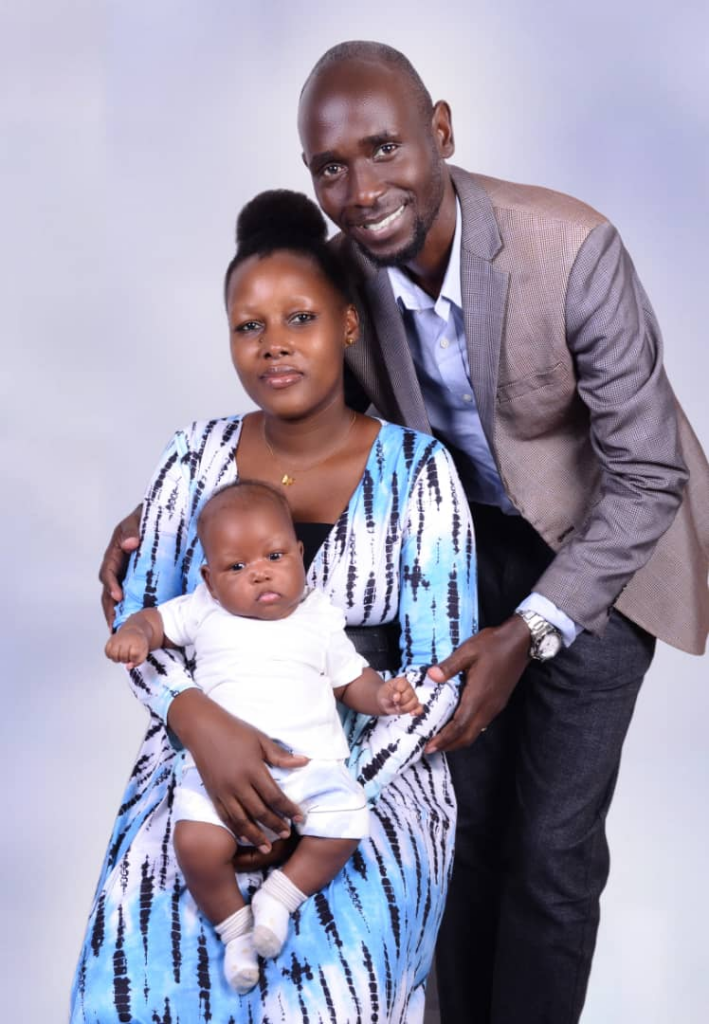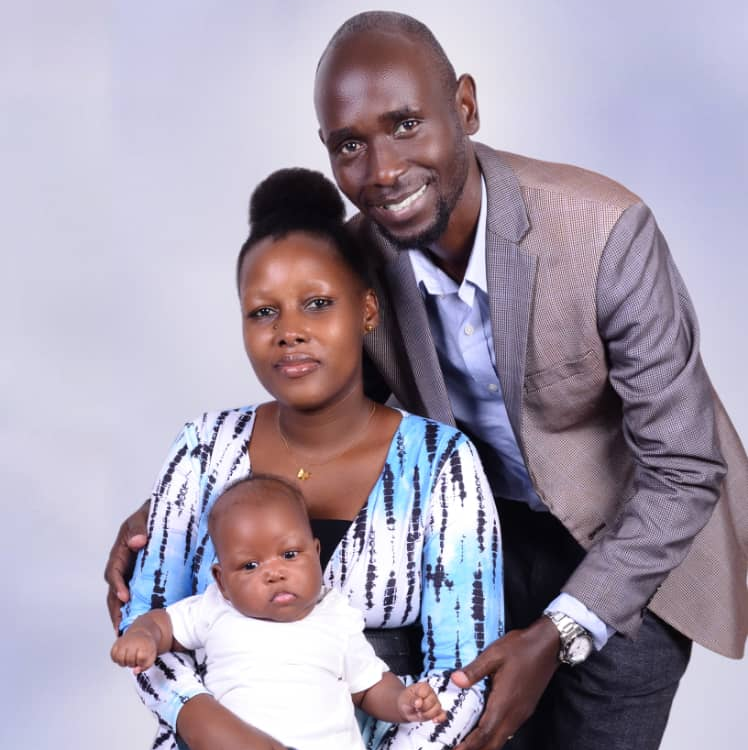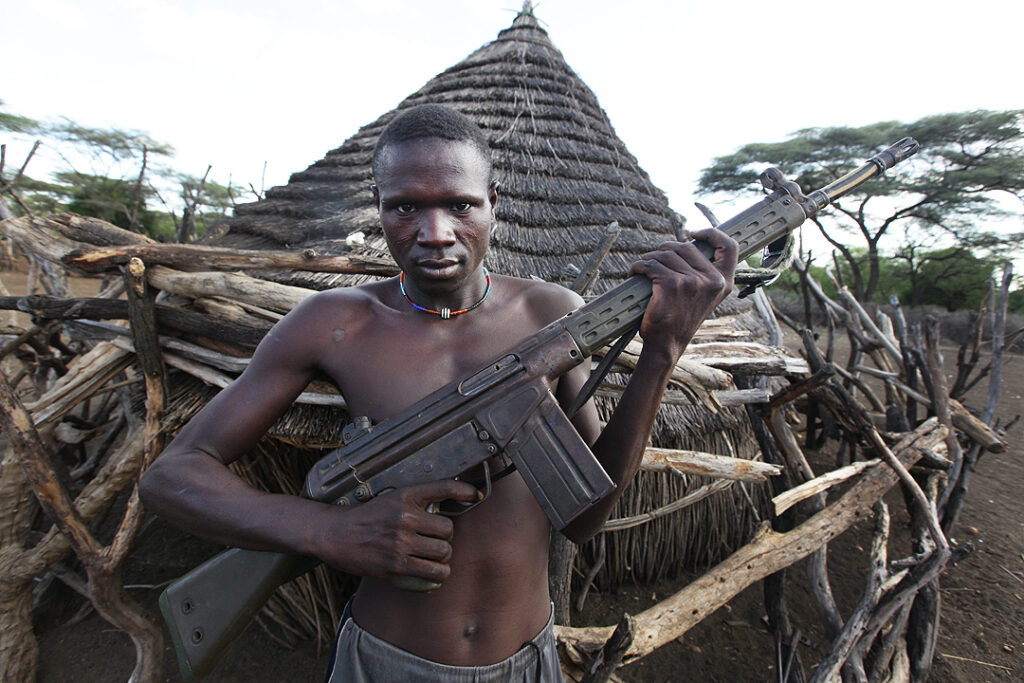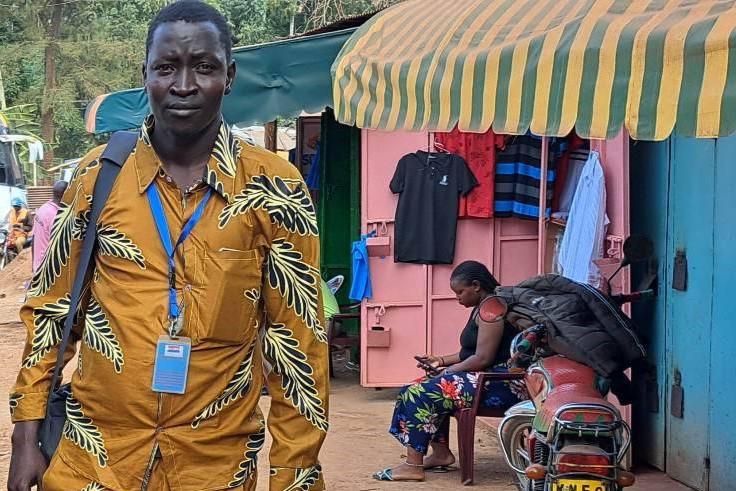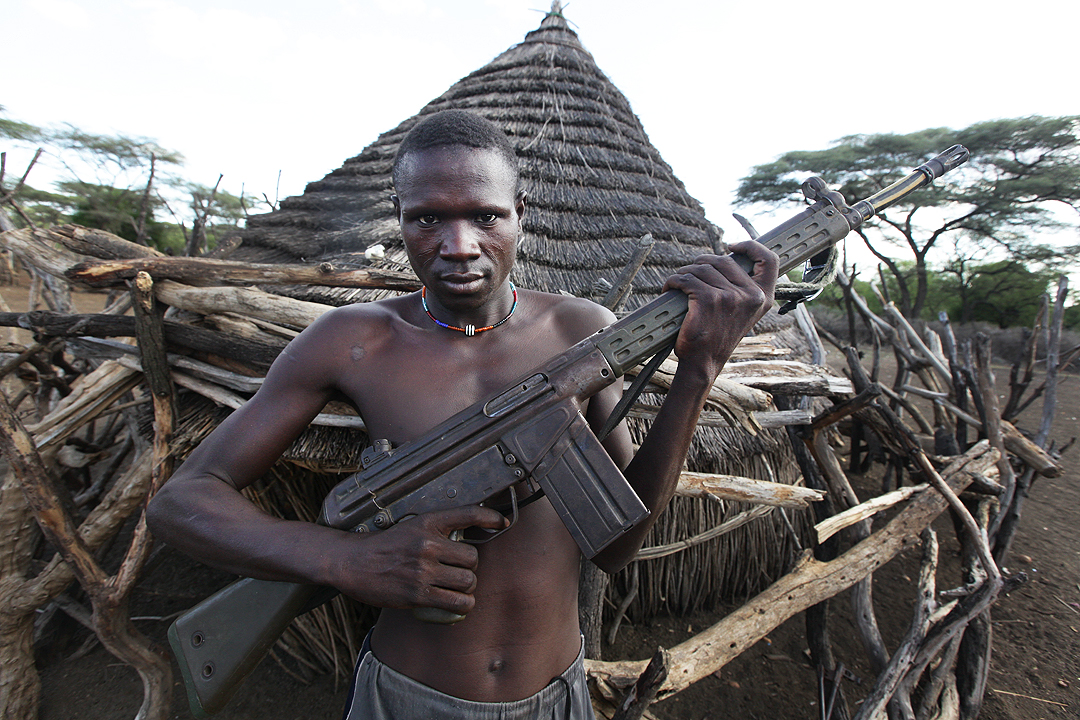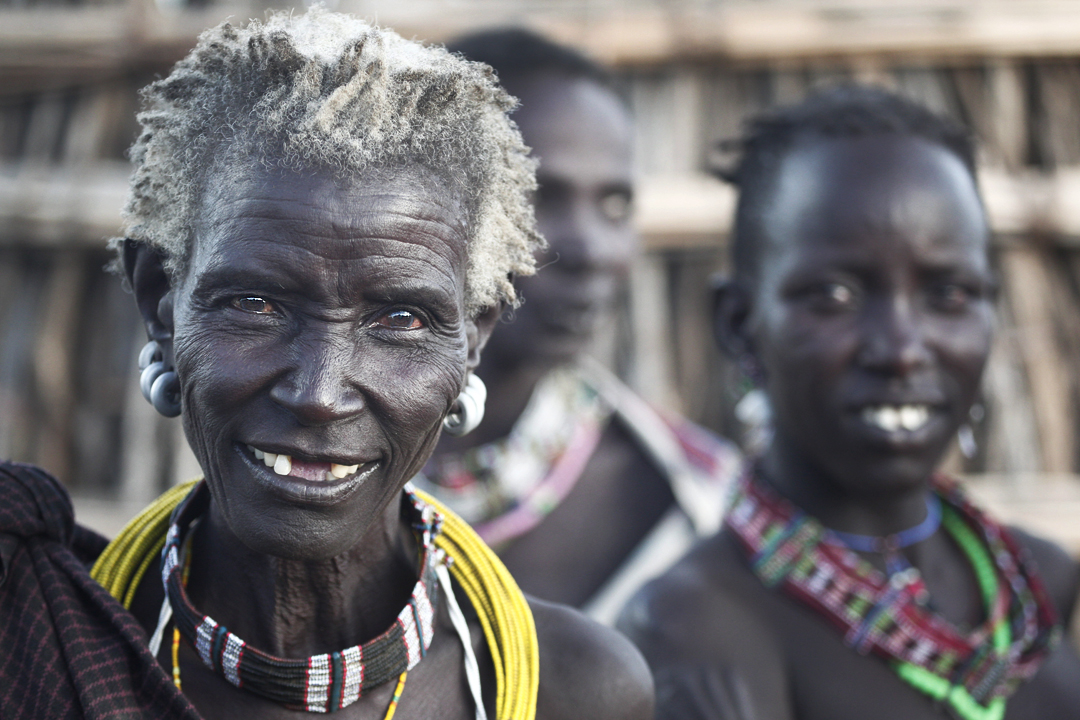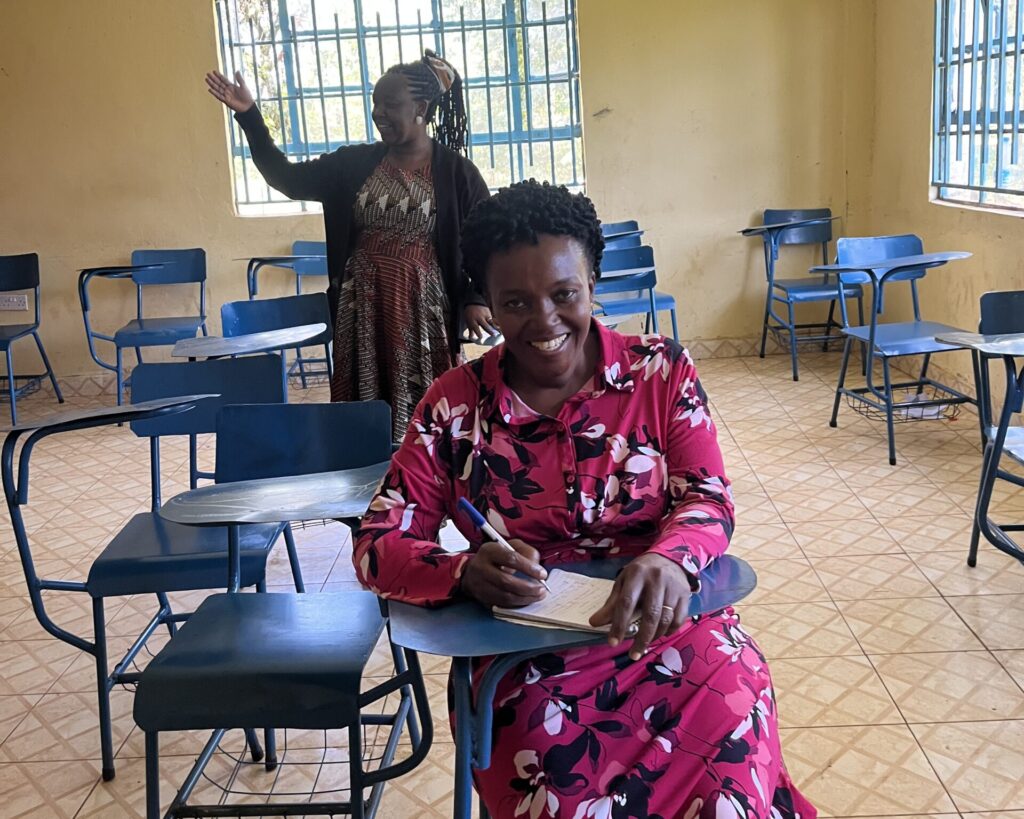
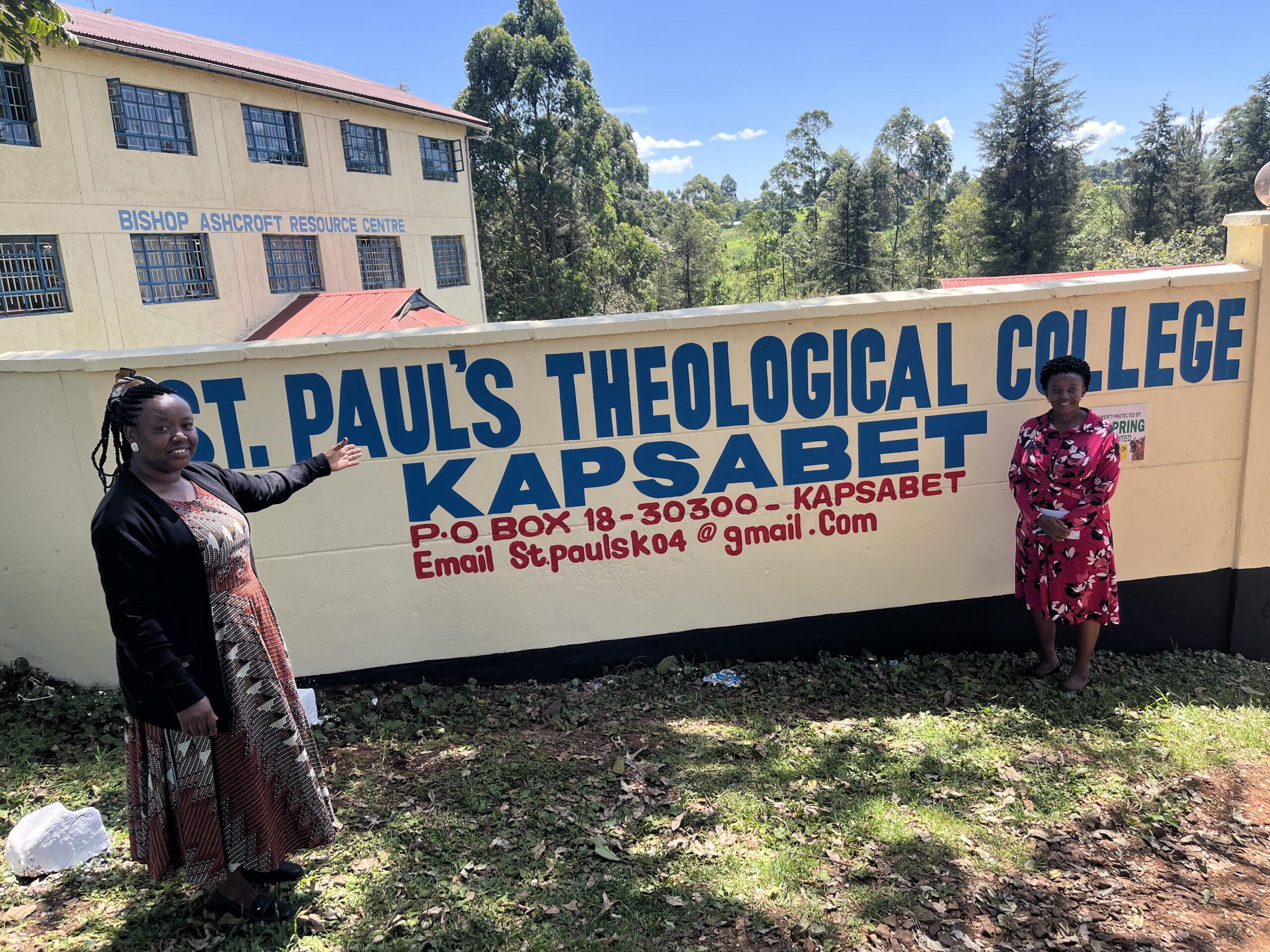
Dr Rose Mugabi (right) is an APF trustee from Uganda. She recently returned from Kapsabet in western Kenya, where she visited St Paul’s Theological College and met the principal Ven. Elizabeth Cheruiyot (left) to monitor how the college is using the support it receives from APF. Rose writes:
African Pastors Fellowship has been strengthening digital learning and access to learning resources at St Paul’s Theological College for six years. When I visited in November, the impact of this long-term investment was evident across the campus.
This comes at a crucial time. Across much of Africa, the church continues to grow rapidly, often outpacing the availability of trained leaders. Theological colleges like St Paul’s play a vital role in equipping pastors, evangelists, and teachers who can serve their congregations with wisdom, integrity, and strong biblical grounding.
As churches expand into new communities – and as younger generations seek deeper discipleship – the demand for well-prepared Christian leaders has never been greater. Strengthening theological education is therefore essential for sustaining healthy, vibrant churches across the continent.
One of the most striking improvements at St Paul’s has been in ICT support and digital literacy. It was encouraging to see students confidently using computers for research, classwork, and sermon preparation, with many now able to record and send videos of their sermons back to their home churches.
Library upgrades funded by APF have also transformed daily operations. A bar-code reader has streamlined borrowing, improved network infrastructure allows for shared printing, and a new router has expanded wireless internet access for staff and students. The enhanced library management system has opened up wider access to high-quality online theological resources.
Investment in furnishings and learning spaces has further enriched the college environment. New chairs and two pulpits now serve the Bishop Ashcroft Resource Centre. Although some of the original furniture budget was redirected to buy new library books – responding to student priorities – funds remain to complete the centre’s furnishings soon. The library itself continues to grow, with additional titles recently ordered.
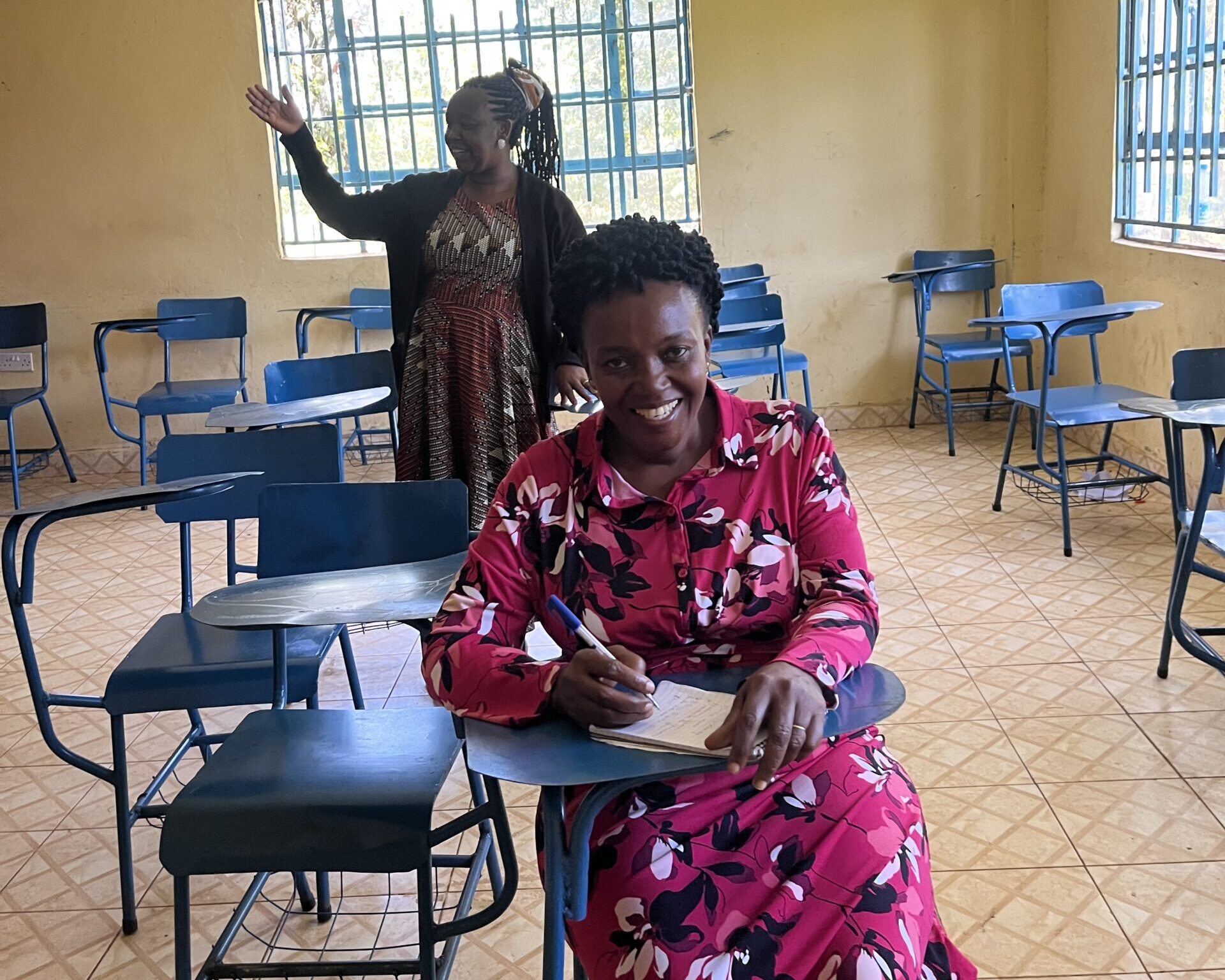
Rosa Mugabi and Elizabeth Cheruiyot at St Paul’s
My visit also highlighted several ongoing challenges. High staff turnover in the accounts department slows financial reporting, and the college’s complicated procurement process – though designed for accountability – causes delays and incurs reimbursement costs that reduce available funds. Smaller projects struggle to attract viable tenders, and some ageing laptops in the ICT room require constant attention.
Despite these hurdles, it was encouraging to see strong financial stewardship at the college and students actively benefiting from the upgraded facilities, new laptops in the ICT lab, and high-speed fibre internet in the library.
Monitoring visits like this are vital. They help APF supporters know their donations are being used wisely and making a real, lasting difference. I’m already looking forward to returning to Kapsabet next year to see the next stage of progress.

